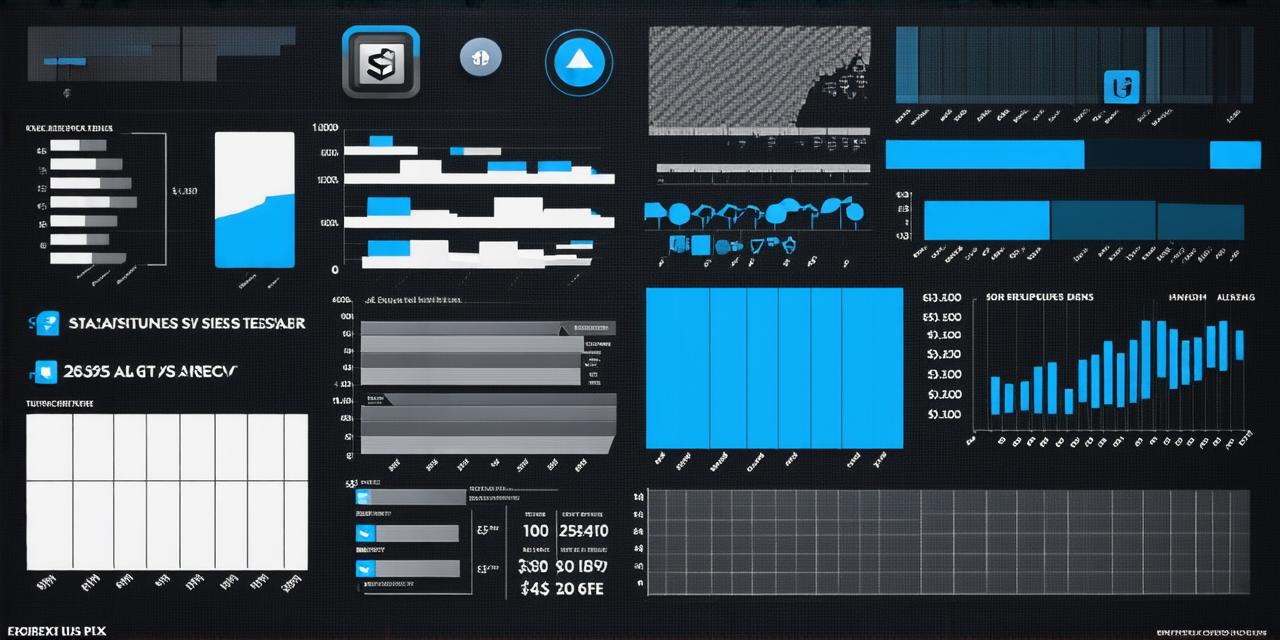If you are involved in game development, you must have heard of engines before. But do you know what an engine actually means? In simple terms, an engine is the software that powers your game. It provides the framework for creating and running games and allows developers to create graphics, animations, and sound effects.
Game Engines: What They Do
A game engine is a software platform that allows game developers to create interactive games. It provides the tools and resources needed to create graphics, animations, sound effects, and other elements that make up a game. Some of the key features of game engines include:
- Graphics rendering: Game engines are responsible for rendering the graphics of a game, including 3D models, textures, lighting, and shading.
- Physics simulation: Game engines simulate physics in real-time to create realistic movement and behavior for objects in the game world.
- Animation: Game engines allow developers to create animations that bring characters and objects to life in a game.
- Sound effects: Game engines provide tools for creating and managing sound effects, including music, ambient sounds, and special effects.
Types of Game Engines
There are many different types of game engines available to game developers. Some popular ones include:
-
Unity:
-
Unreal Engine:
-
CryEngine:
-
Godot:
Unity is a widely-used game engine that supports both 2D and 3D game development. It includes tools for creating graphics, animations, sound effects, and physics simulations.
Unreal Engine is another popular game engine that is used for creating high-performance games with advanced graphics and visual effects.
CryEngine is a real-time 3D game engine that is widely used in the gaming industry. It includes tools for creating realistic lighting, shading, and physics simulations.
Godot is an open-source game engine that supports both 2D and 3D game development. It includes tools for creating graphics, animations, sound effects, and physics simulations.
Choosing the Right Game Engine
When choosing a game engine, it’s important to consider your specific needs and requirements. Some factors to consider include:

- Performance: Different game engines have different performance capabilities, so it’s important to choose one that can handle the demands of your game.
- Graphics capability: Different game engines have different graphics capabilities, so it’s important to choose one that can create the visual effects you need for your game.
- Development speed: Some game engines are easier to use than others, so it’s important to choose one that will allow you to develop your game quickly and efficiently.
Case Study: Unity vs Unreal Engine
Let’s take a closer look at two popular game engines, Unity and Unreal Engine, and see how they compare in terms of performance, graphics capability, and development speed.
Unity:
- Performance: Unity is known for its high performance, even on low-end hardware. It can handle complex graphics and physics simulations with relative ease.
- Graphics capability: Unity includes a powerful rendering engine that can create realistic lighting, shading, and visual effects. It also has a wide range of built-in assets and tools for creating 3D models and animations.
- Development speed: Unity is known for its easy-to-use interface and fast development speed. It includes a large community of developers who have created a wealth of resources and plugins to help speed up the development process.
Unreal Engine:
- Performance: Unreal Engine is known for its high performance, especially when it comes to creating complex graphics and visual effects. It can handle advanced physics simulations with ease.
- Graphics capability: Unreal Engine includes a powerful rendering engine that can create realistic lighting, shading, and visual effects. It also has a wide range of built-in assets and tools for creating 3D models and animations.
- Development speed: Unreal Engine can be more challenging to learn and use than some other game engines, but it offers a lot of power and flexibility once you get the hang of it.



